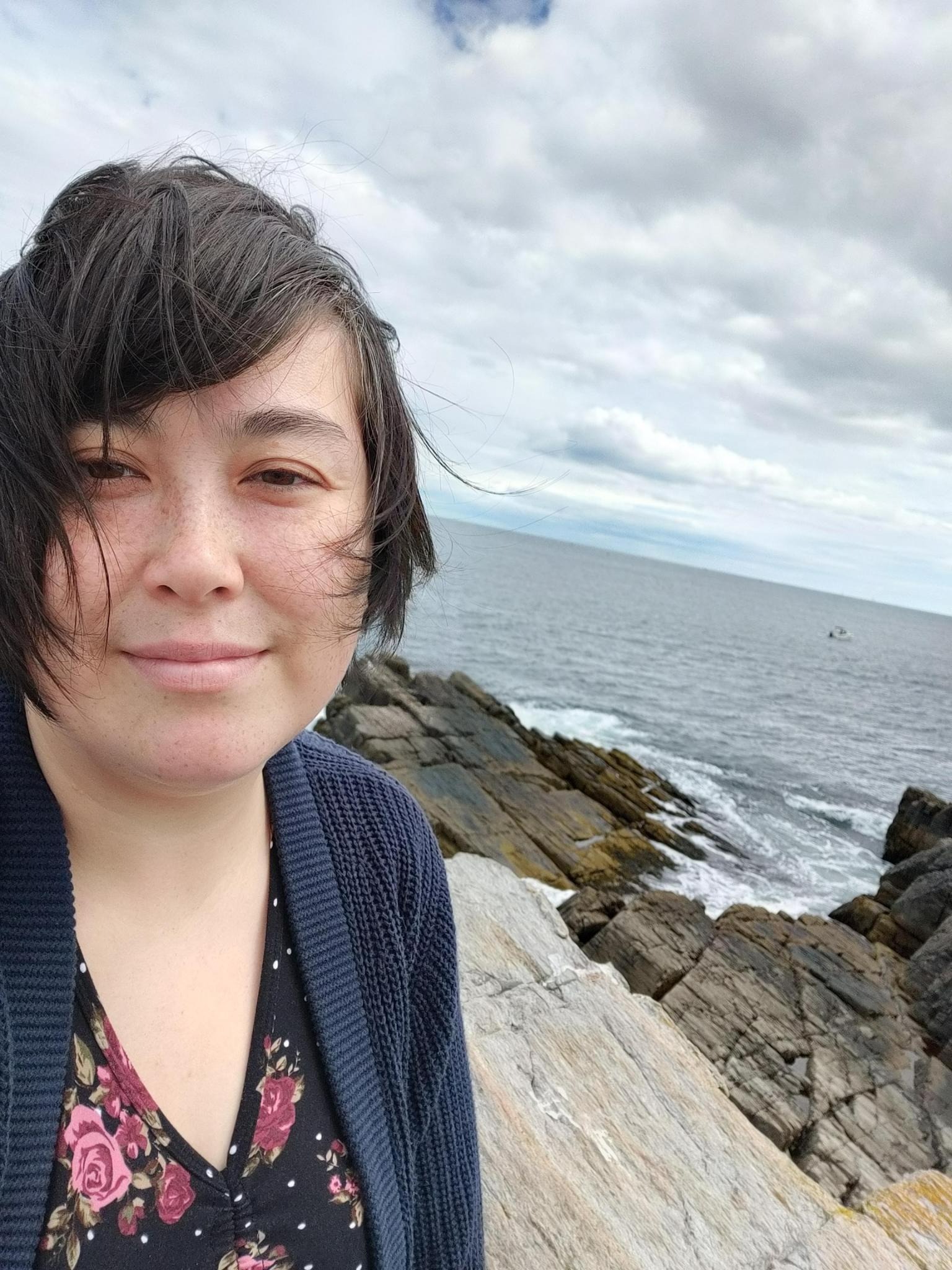Interview with Advocacy Coordinator, Susan Volz

Philadelphia, PA (May 19, 2022)
- Where are you from and what’s your background?
I’m a local! I’m a biracial Korean American and grew up in Northeast Philly. I’ve lived and been an organizer in the Philly area for most of my life.
- When did you start on staff for the Council?
I started at the end of November 2021.
- Why did you choose to come work for the Council?
I had known about the Council for some time before I came to work here so I was very excited when I saw the opportunity was available. I was drawn to the Council because we’re unequivocal about where we stand on fossil fuels and their development in Pennsylvania, which is a hard fight in this state considering the power of the industry but that makes it more important in my opinion, especially in the fight for climate justice. Pennsylvania is the second-highest gas producing state in the country, our fight here matters for the rest of the world and that’s something I’ve always wanted to be a part of.
- What are you organizing around right now?
A lot! I’m working with a coalition to get President Biden to ban the transport of liquified natural gas (LNG) by rail. I’m working with a coalition of community groups to oppose a gas to liquid gasoline plant that a Texas company called Nacero wants to build in Luzerne County. A Chicago-based company called Invenergy wants to build a gas plant in Western Pennsylvania. Depending on where each project is, this can involve background research or, for example, I presented on a community forum about the air pollution impacts from a proposed refinery.
- What’s your expertise you bring to the Council? How do you use it to fight for a cleaner environment?
I have a unique mix of policy and organizing experience. I have a Master’s in Public Policy and wrote my graduate thesis as a case study on the fossil gas industry’s influence on state agencies and government. Basically, I looked at how the industry influences every level of state government and takes over agencies such as DEP. The industry relies on information being hard to access or too technical to understand. I’m able (and like it as a policy nerd!) to get into the weeds on a policy level and demystify the process and present information in a more accessible way for broader audiences.
- What’s the most promising change(s) you’ve seen in the environmental movement recently?
I’m glad to see environmental racism being named and talked about in the mainstream movement. For so long, “environmental justice” felt like a checkbox on a to-do list without any interrogation of the history and real policy choices that create these structural inequalities, including the role of the environmental movement itself in creating and perpetuating those inequalities. I’m also inspired by local change like people building their own networks and resources, even something small like a container garden on their porch or in their yard. People also talk a lot about despair but the movement is also full of hope, determination, and imagination about fighting for a better world and that continually inspires me.

